Book Box: Confront Your Fears with these Spooky Stories
Celebrate Halloween with these spooky stories. And meet horror writer Chandrima Das, who divides her time between writing, podcasting, trading and investing.
Dear Reader,
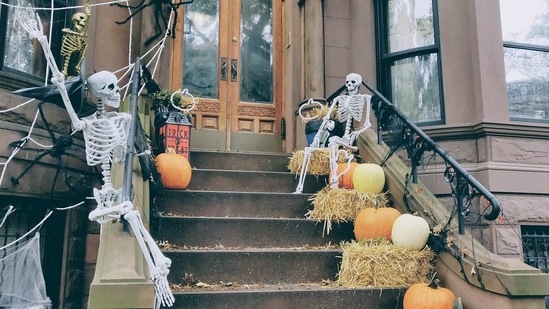
It is 1.30 am. I am jet lagged and working late. Suddenly the lights go out. A power cut, you might say - but this is Brooklyn in New York City. I’ve spent the last few days seeing as many skulls and skeletons as people – it's Halloween horror time.
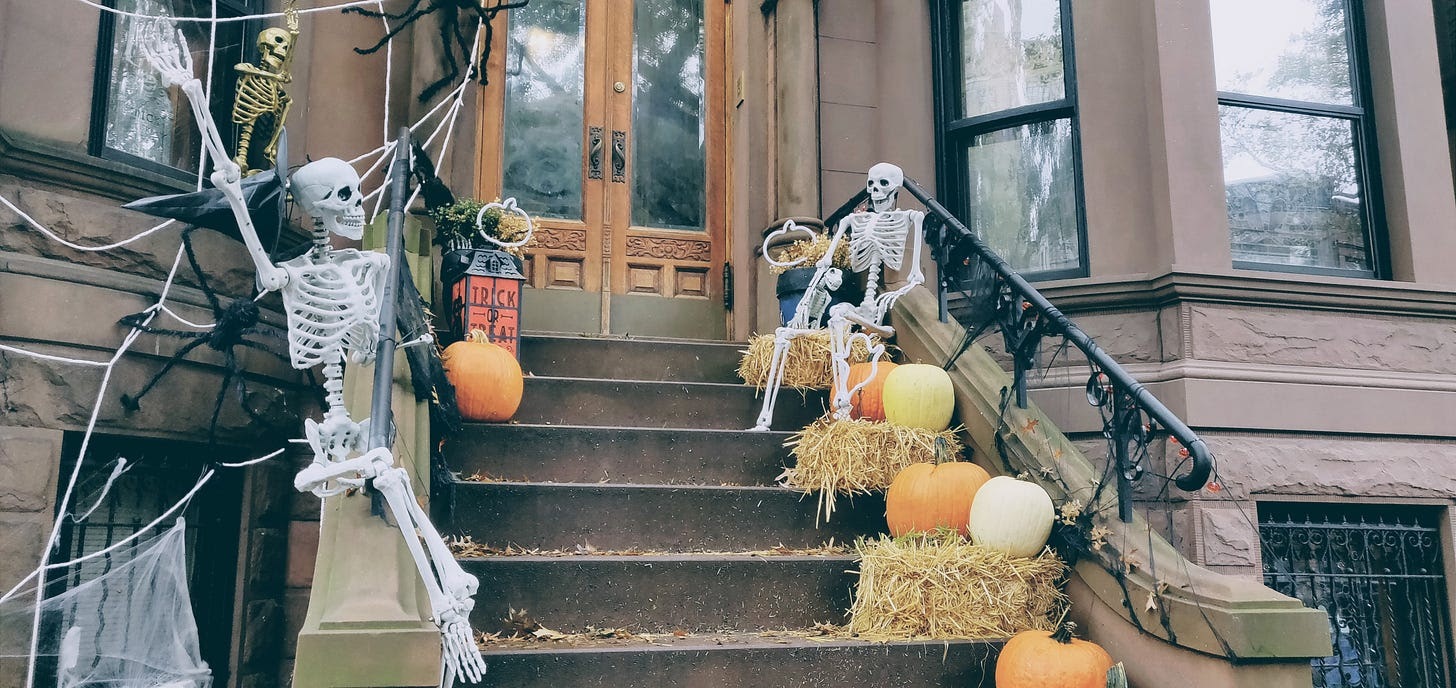
Fumbling through the dark in my daughter's apartment, everything unfamiliar, I make it to the bedroom, crashing into a corner of the bed frame, when suddenly, a single bedside light comes on. The rest of the apartment stays dark.
By now, this is all too much and I crawl into bed, pulse faster than I care to admit.
The morning after brings the explanation.
It’s an app called Hunches. When it senses no human movement for a while, it switches all the apartment lights off. Any localised movement (a crash in my case!) turns on a light in that room! Phew!
But clearly, it is time to listen to the supernatural sprites of the season and bring on horror novels.
Supernatural stories have always existed in our societies, told aloud over generations, or through books and movies — and for a reason. They give us chills and thrills, they also help us confront our deepest fears.
So here are 3 spooky reads for your reading pleasure — from Kerala, Mexico and the United States, each one drawing on a different literary convention — a magic realism supernatural novella, a classic gothic novel and stream-of-consciousness historical fiction.
Book 1 of 3: Novella translated from Malayalam
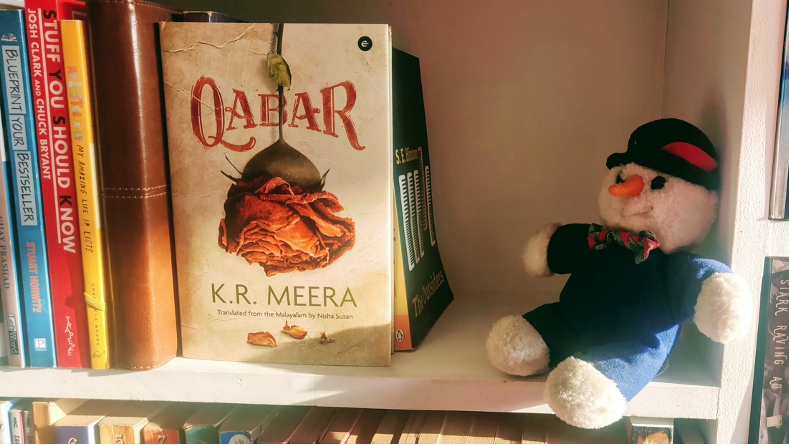
Two things drew me to Qabar. The first is the protagonist, a single mother judge, who must rule on a Babri Masjid kind of land dispute. The second is the skilful use of the supernatural — a powerful way to explore religion, femininity and the weight of the legacies we are born with. Spooky and soul searching.
Book 2 of 3: A gothic novel from Mexico
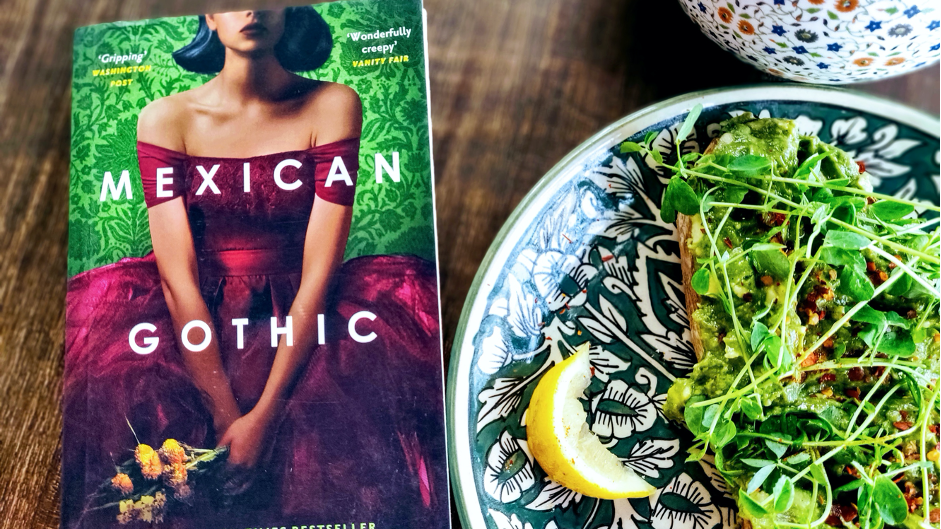
Rebecca meets Dracula in this story of an old aristocratic family living in a haunted house in Mexico. The plot is propulsive with plenty of family drama and intrigue between the characters. Like the critically acclaimed Sarah Waters novels, Mexican Gothic too has all the ingredients of the gothic novel, the suspense, and the setting, but with its own modern day twist. I don’t want to say more, lest I give something away, but can promise you this – you will come away from reading this book, with much to discuss.
Book 3 of 3: Hybrid historical fiction
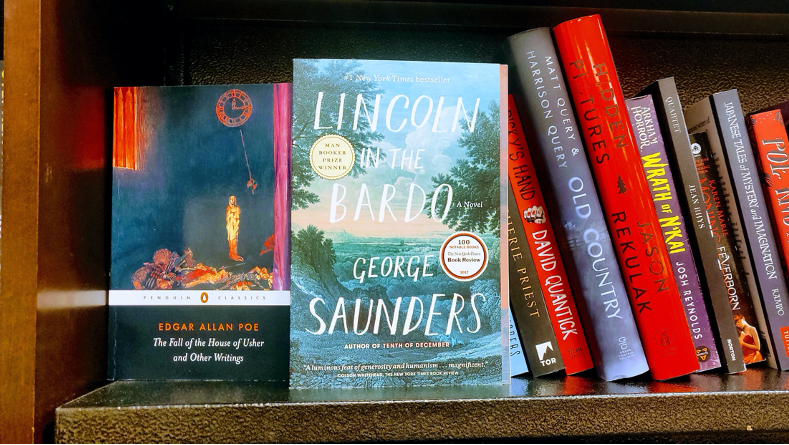
The first time I began this book, I was disappointed. Random historical figures between life and death, talking about nothing at all — not for me. But so many readers raved about Lincoln in the Bardo, I decided to give it a second try. And this time round, the book made powerful poetic sense in a crazily logical way - seething with the susurrations of the supernatural, in a way straight narrative never could. And if you enjoy this one, move to another cult classic in its paper edition — House of Leaves, meta-fiction that plays with form and format that is seriously spooky.
Finally, meet Chandrima Das. This best-selling horror writer tells us why Indians would do well to read more horror and gives us her best book recommendations. Here are edited excerpts of our conversation:
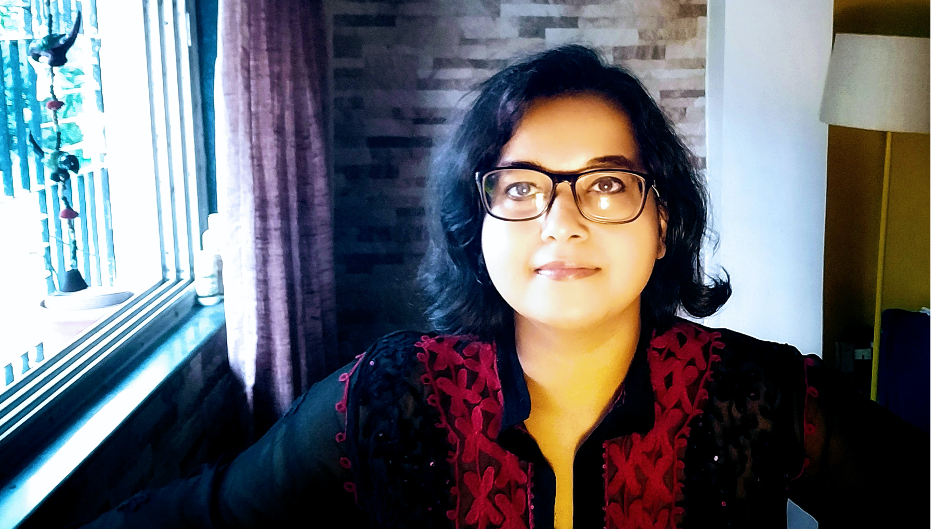
Tell us about the first horror story you heard.
I cannot recall the first ghost story I ever heard because it was probably told to me before the age of 3. My father’s ghost stories at that age weren’t necessarily scary. They could be quite funny.
I was born in Shillong and moved to Guwahati just before starting school.
As a culture still rooted in nature and the land, the Northeast has a tradition of magical and supernatural stories. One of my favourites is Khasi folklore about U’thlen, that enormous, magical and man-eating snake. Then there is the Assamese favourite Baak, a water spirit. Some of the entities of folklore can be cute and adorable too, like the mischievous, child-like Puwali bhoot of Assam. A lot of the Northeast’s traditional stories have remained orally transmitted for a very long time. Now writers like Janice Pariat and books like Funeral Nights draw from this richness, not necessarily into horror, but perhaps into magical realism.
What were your favourite childhood reads?
Growing up I read Frankenstein and Dr Jekyll and Mr Hyde. By age 12, I had progressed to non-abridged versions of Wuthering Heights and Rebecca (oh gothic romance!). I did read widely. However, I enjoyed horror stories the most (the newspaper always had plenty on offer). From this phase, Bram Stoker’s Dracula remained my favourite for a long time. Finally, I stumbled upon my father’s hidden stash of horror paperbacks and comics. My obsession turned to Stephen King and chiller comics. Thus, my descent from literary classics to pulp fiction was complete.
India has a long tradition of horror stories- why is it such a niche category nowadays?
India is the land of the Dastangoi (Urdu oral storytelling), Bura Katha (oral storytelling technique from Andhra Pradesh), and grandma’s stories. But over time, oral traditions began to fade. We let go of the supernatural in our stories — maybe we felt ashamed of our superstitions, we wanted to be rid of the “snake-charmer” image that the West had foisted upon us.
Meanwhile, in the West, horror saw several growth phases — they drew from the fears, issues, and themes relevant to their society and culture. Broader audiences in the West have remained receptive to the genre, even beyond the hard-core horror fan.
I have personally experienced this difference. My Audible original series Twisted has been downloaded far more in the US than in India, even though it was made keeping the Indian market in mind.
What can readers gain from reading horror stories?
If done well, horror stories can offer us catharsis. Horror stories in particular speak to the darker aspects of our belief systems. They can help us unearth and discuss the fears and issues that we experience as a society. They allow us to explore the difficult emotion of fear in a safe space. These fears may be individual, interpersonal, or socio-cultural. For example, the popularity of the chudail and daayan lore in India, likely reflects our inability to make sense of women with agency.
What books would you recommend to start exploring the genre?
The ghost stories of Ruskin Bond are a safe and relatable place to start for Indian readers in English. After that, I’d recommend that readers find a horror book which overlaps with a genre they already like. For example, readers of romance could try Rebecca or other gothic romance books, those who like thrillers could try Stephen King’s Misery, folks who like humour may enjoy books by Grady Hendrix, and those who like the classics might find Shirley Jackson’s The Haunting of Hill House eerily beautiful. I’d also encourage Indian readers to try reading horror books in their mother tongue. There are stalwarts of Indian horror in Bengali, Malayalam, Marathi, Assamese just waiting to be read.
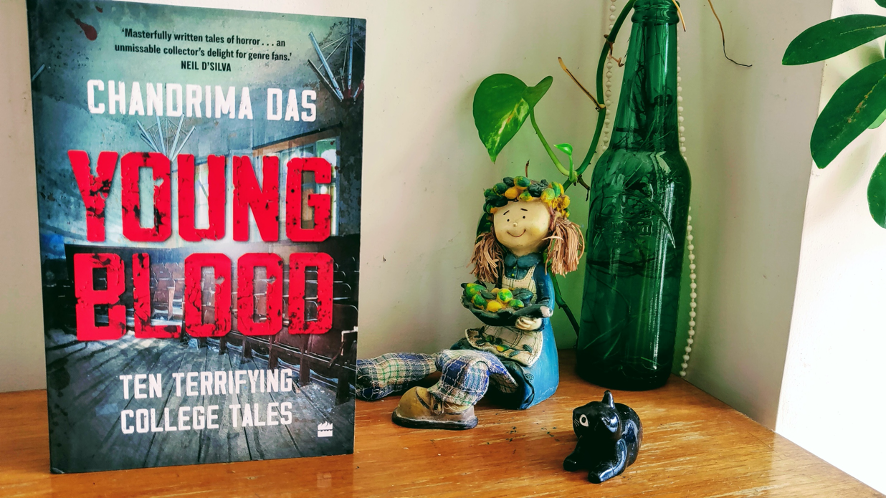
Tell us about your writing life?
I don’t have a day job anymore. I’m gainfully unemployed. Of course, writing is not the only thing I do. I have a strange side hobby for a writer, which is trading and investing. I suppose my education at the Indian Institute of Management (IIM) Calcutta hasn’t completely left me. I also did the voice-over for my new podcast, which took a lot of training and hard work. I write at my desk. I don’t write in cafes and other public places as they contain too much stimulus for me to handle. I aim to write, re-write or edit every day, even if I have other things to do, even when writing is exhausting and terrible. It’s a rare Sunday when I don’t write.
Tell us about your new podcast Rumors?
We explore topics ranging from a ghost soldier guarding the Indo-China border to a ‘Black magic’ village in Assam, an imprisoned tree in Kerala and even a witch-hunt that still goes on. Our hope is to make you rethink your realities and question your beliefs. Doing that in an entertaining manner, without being too preachy, has been the most challenging aspect of putting this podcast together for me. Rumors has been created in collaboration with storytelling company Bound.
What writing tips would you give aspiring horror writers?
Writing horror gives you a chance to investigate the emotion of fear. Ask what scares people in our society. You’ll get great story and character ideas from these questions.
Get to know the tropes of the genre well and use that knowledge to avoid that deadly enemy all writers must face – the cliche. A good scare requires surprise. If you play out a pattern that has been done to death, you won’t surprise anyone.
Subvert tropes tropes. Give us the unexpected.
Don’t put pressure on yourself to scare the reader on every page. It’s far more important to tell a good story. Overuse of fear and dread numbs the reader, so give them a break with some humour, an action-packed scene, or even some romance!
The last but most important tip – give yourself permission to write badly. It ensures that you’ll write. Chasing perfection is a sure shot way to block yourself.
And finally, what book are you currently reading?
The Only Good Indians by Stephen Graham Jones.
***
With that, it’s a wrap for now. Next week I bring you books on writing - for all writers, who would like to join in NaNoWriMo — National Novel Writing Month.
Until then, happy reading!
Sonya Dutta Choudhury is a Mumbai-based journalist and the founder of Sonya’s Book Box, a bespoke book service. Each week, she brings you specially curated books to give you an immersive understanding of people and places. Write to her at sonyasbookbox@gmail.com with your reading recommendations, and any questions around reading.
The views expressed are personal
Continue reading with HT Premium Subscription




